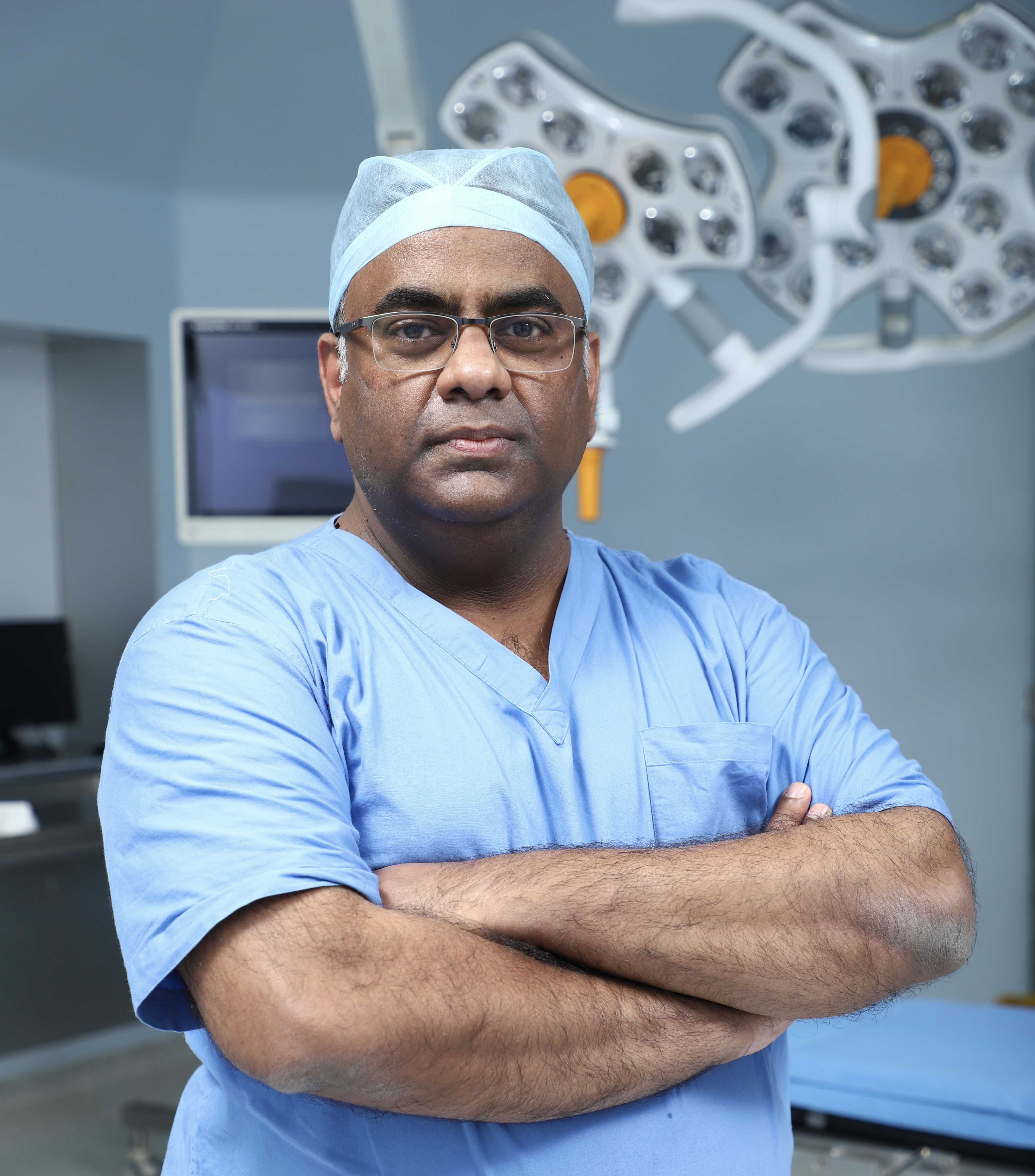Esophageal cancer is a serious and often aggressive disease that can pose significant challenges. However, survival is possible—especially with early detection and proper treatment. While the overall five-year survival rate is estimated at around 20%, this number is not fixed and varies widely depending on several personal and medical factors.
From diagnosis to treatment and recovery, the journey can be complex, but understanding the elements that influence survival can empower patients and families. So, what determines the likelihood of surviving esophageal cancer? Let’s explore each factor in detail.
Contents
- 1 What Factors Influence Survival from Esophageal Cancer?
- 2 How Does the Stage at Diagnosis Affect Survival?
- 3 Does the Type of Treatment Impact Survival?
- 4 Can Overall Health and Fitness Improve Prognosis?
- 5 Does Age Matter When It Comes to Surviving Esophageal Cancer?
- 6 How Important Is Early Detection?
- 7 Can Palliative Care Improve Quality of Life?
- 8 How Should Patients Approach Their Prognosis?
- 9 Conclusion
- 10 Frequently Asked Questions (FAQ)
What Factors Influence Survival from Esophageal Cancer?
Survival outcomes depend on a combination of factors, including:
- Stage at diagnosis
- Type of treatment received
- Patient’s overall health and fitness
- Age at diagnosis
- Response to treatment and biological behavior of the tumor
Understanding these variables can help patients and their care teams make informed decisions that optimize chances of success.














 +91-9818045855
+91-9818045855
